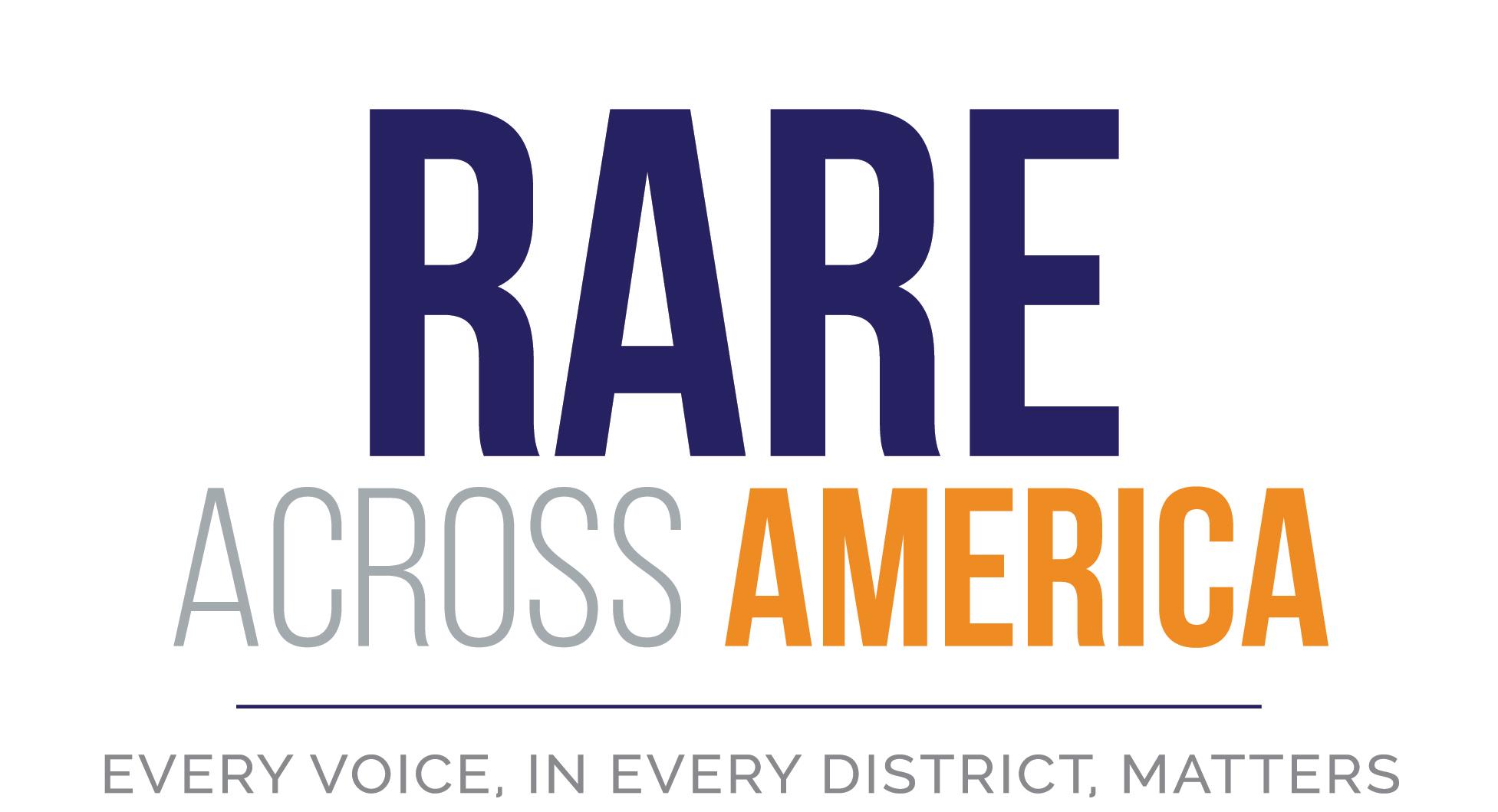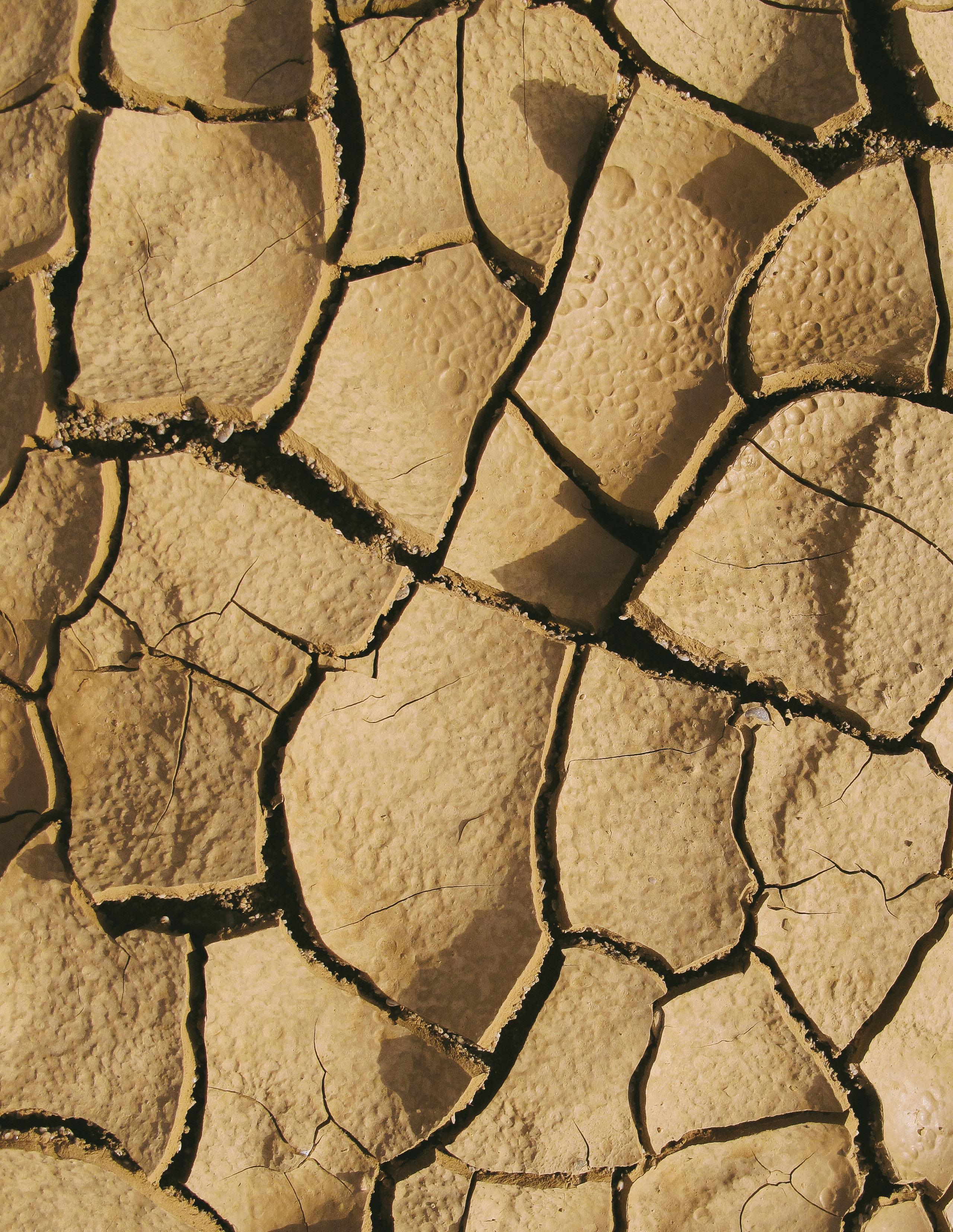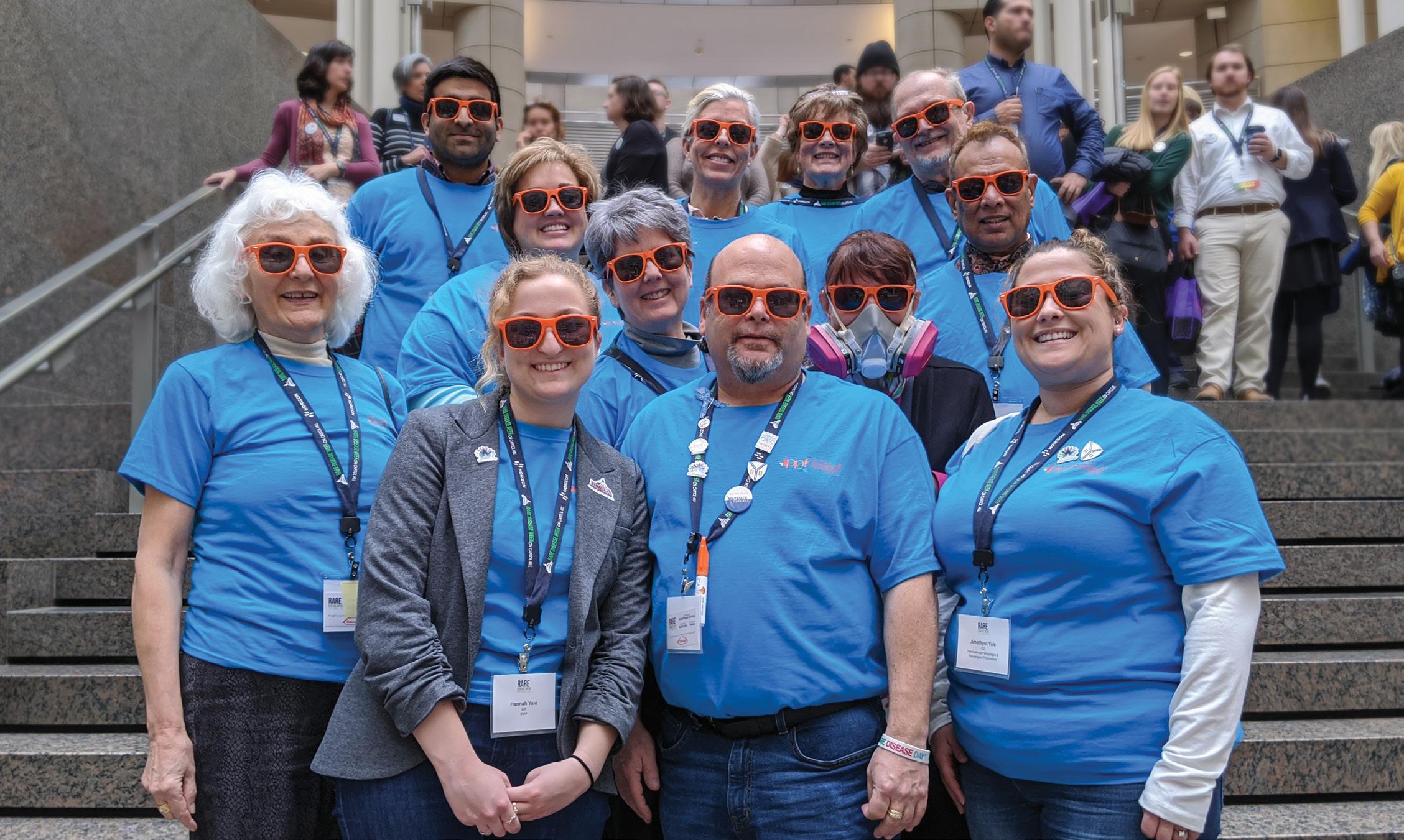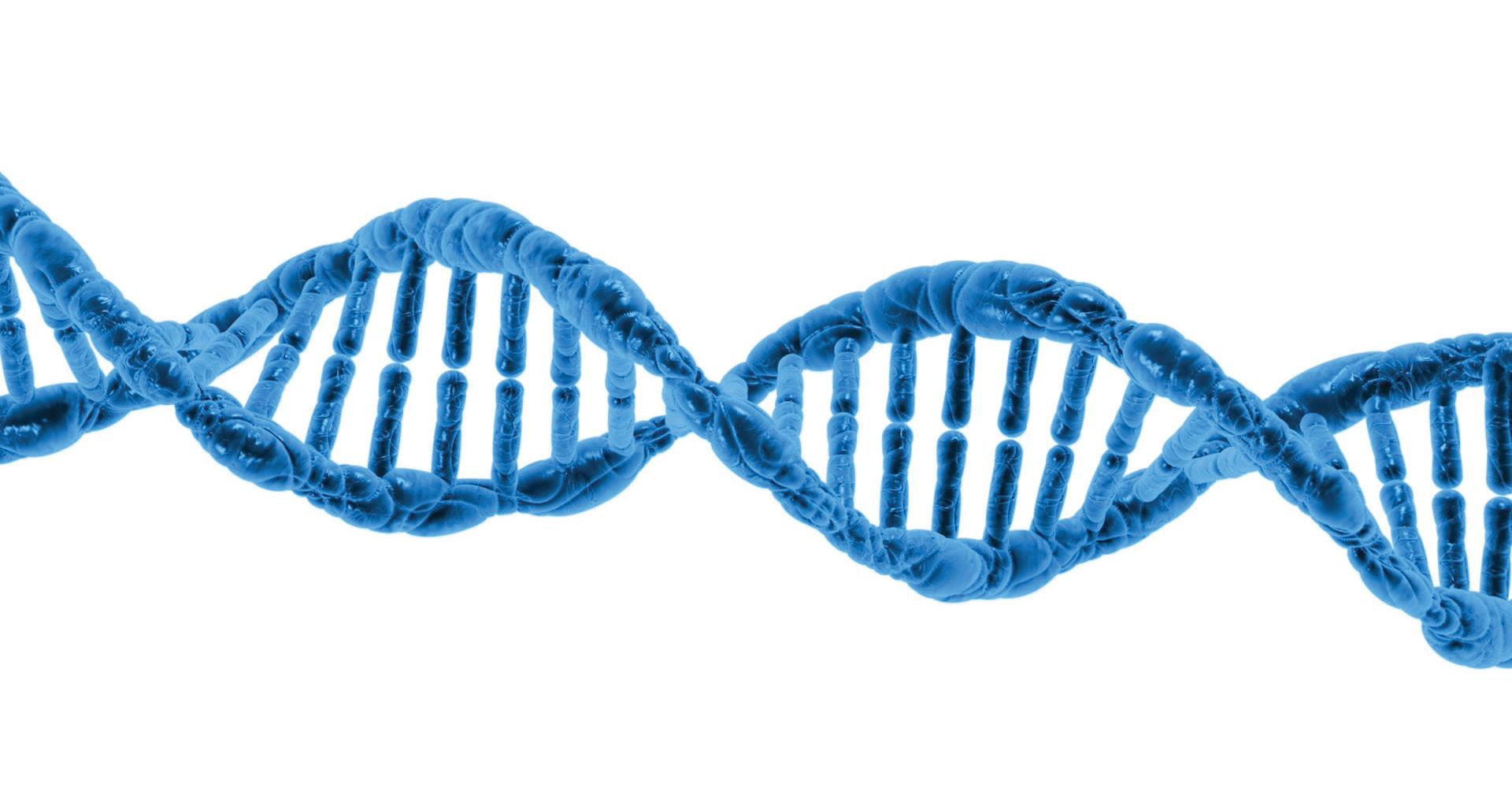COVID-19, Pemphigus, and Pemphigoid While the situation surrounding COVID-19 continues to change, we're working hard to provide resources to meet the unique needs of pemphigus and pemphigoid patients and caregivers. Our COVID-19 information page includes answers from our Medical Advisory Council to the most commonly asked questions from patients related to the pandemic, as well as links to international resources. This page is updated as new information becomes available: www.pemphigus.org/covid19 We've also scheduled more frequent Patient Education Series webinars to address COVID-19's impact on patients, treatments, research, and mental health. You
can find a current call schedule and recordings of past webinars at www.pemphigus.org. As always, our peer health coaches are available to share their experiences, treatments, living with their diseases, and more. We are also developing processes for virtual support groups. More information on these groups will be available soon. As the situation continues to evolve and we develop further ways to support you, know that our community is strong and we are all in this together. If there's anything we can do to help, contact us: info@pemphigus.org.
In response to some common questions we’ve received recently, the IPPF Medical Advisory Council has provided the following answers. A full list of questions and answers is available at www.pemphigus.org/covid19: What precautions should patients with open P/P lesions do in light of COVID-19? Direct spread through the skin is not a known source of transmission for COVID-19. Keep lesions clean and covered if around others. If not on any treatment, does simply having an autoimmune disease like P/P make you more susceptible to this coronavirus? Pemphigus and pemphigoid patients who are not receiving immunosuppressive therapies are not known to be at greater risk for COVID-19. Does using topical treatments make you immunosuppressed? Not usually. However, if the dosage is more than 20g of a class I steroid (clobetasol or betamethasone, etc.) some steroid systemic absorption occurs. It is possible this absorption can make a patient slightly immune-suppressed.
16
Quarterly | Spring 2020
How long does it take for the following medicines to get out of a person’s system and their immune system to return to normal levels? • Rituximab: The formal guidance is typically 1 year, although there is some variability in that response. We know from the published literature that many patients start to make new immune responses by 5-6 months after rituximab treatment. • Corticosteroids (systemic prednisone or prednisolone): Within days to weeks, but these cannot be arbitrarily stopped and will need to have the dose weaned properly due to adrenal suppression. • Class I Topical Steroids (Clobetasol/ Betamethasone): These don’t affect the systemic immune system unless ~20g or more are applied daily. Even if high doses are used, these would “wash out” in days to weeks as above. • Azathioprine/mycophenolate mofetil: These take 3 months to “wash out” of a person’s system.
www.pemphigus.org













